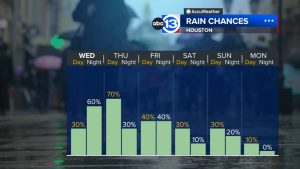
In a latest development, the U.S. Supreme Court has extended the delay on a controversial Texas law granting police authority to apprehend individuals suspected of being in the country illegally. Justice Samuel Alito issued an administrative stay, pushing the deadline to March 18, providing the court with additional time to deliberate on the legislation, known as Senate Bill 4 (SB 4). The law, which was slated to take effect on March 13, has garnered widespread attention due to its significant implications for immigration enforcement in the state.
Key Points
SB 4, if implemented, would confer unprecedented powers upon Texas to enforce immigration regulations and deport migrants, a domain traditionally reserved for the federal government.
Under SB 4, state and local law enforcement officials could arrest migrants suspected of unlawfully crossing the Texas-Mexico border, with judges empowered to issue deportation orders or impose state misdemeanor charges, carrying penalties of up to $2,000 in fines or six months of imprisonment, with harsher consequences for repeat offenders.
While Governor Greg Abbott and other leading Texas Republicans argue the necessity of SB 4 to combat perceived threats posed by migrant influx and drug cartels, the Biden administration and various immigrant advocacy groups have challenged the law’s constitutionality, contending that it encroaches upon federal immigration authority.
Legal Journey
Originally passed by Texas lawmakers in November, SB 4 faced legal impediments when U.S. District Judge David Ezra issued a temporary injunction on February 29, citing concerns over its constitutionality and potential harm to federal interests.
Texas swiftly appealed the decision to the 5th U.S. Circuit Court of Appeals, with oral arguments scheduled for April 3, urging the Supreme Court to allow SB 4’s enforcement during the appellate process, asserting the state’s role in bolstering federal immigration enforcement efforts.
In response, the U.S. Department of Justice raised alarm over the law’s potential to disrupt established immigration frameworks, while the ACLU of Texas highlighted the financial burdens and operational challenges local jurisdictions would face under SB 4, underscoring the broader implications of the legislation beyond law enforcement.
As the legal battle unfolds, the fate of SB 4 remains uncertain, with its potential impact reverberating not only across Texas but also shaping broader immigration policy debates at the national level.









